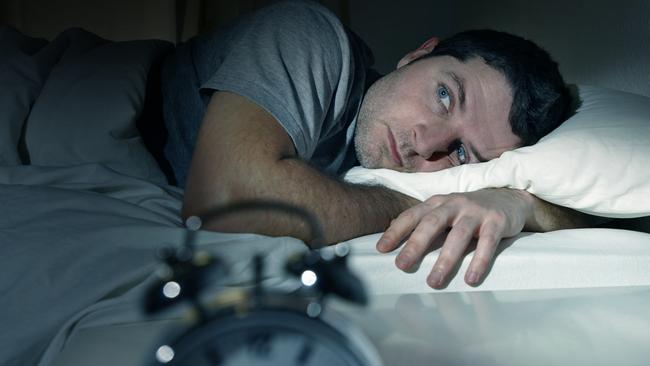From night owl to early bird: shifting the body clock to be happier
Training the body to wake earlier can make former night owls happier and healthier.

Even the most nocturnal of night owls can train themselves to become early-rising larks, research suggests.
Habitual late risers who were taught how to shift their body clocks so that they slept and woke earlier also became happier, more alert, less stressed and less prone to anxiety.
The study found that people used to going to sleep in the small hours could move their schedule forward by up to three hours in less than a month.
“Not only are their sleep patterns better, but their cognitive performance, their physical performance and their mental health are also improved,” according to Andrew Bagshaw of Birmingham University’s Centre for Human Brain Health, who co-authored the paper.
The study looked at 22 young adults who were going to bed on average at about 3am and rising at about 10.30am. They were asked to stick to a regime that included sleeping and rising two to three hours earlier and maximising outdoor light during the mornings.
They were also told to avoid caffeine after 3pm, have breakfast as soon as they woke up, cut out weekend lie-ins and exercise only in the morning.
Previous studies have shown that whether people are owls or larks is influenced by genes. The latest research indicates that sleeping habits are not entirely governed by DNA. “They are malleable, they can be shaped by external cues,” Dr Bagshaw said.
“Genetics and physiology might push you in a certain direction but you still have some control. And that has knock-on effects on your mental wellbeing.”
To the researchers’ surprise, all the subjects stuck to the program, possibly because they soon began to feel better. Anxiety levels fell by 34 per cent on average while stress was reduced by 40 per cent. There was a 60 per cent drop in self-reported depression.
The subjects also improved their reaction times, their ability to concentrate and their physical strength during the morning. Instead of feeling at their best in the evening, they hit their peak in the afternoon.
About two thirds of British adults have reported some kind of sleep problem, including the feeling that they are not following a pattern that fits in with the rest of society.
Going to bed late can lead to an accumulative sleep deficit with serious consequences, if you have to rise early for a job, Dr Bagshaw said. The regime in the latest study, published in the journal Sleep Medicine, could help people caught in this kind of trap.
Other research has suggested that men are more likely than women to be night owls and that people tend to become more lark-like as they age.
Owls have a higher risk of obesity, depression, schizophrenia and type 2 diabetes but the biological mechanisms involved are not understood.
The Times


